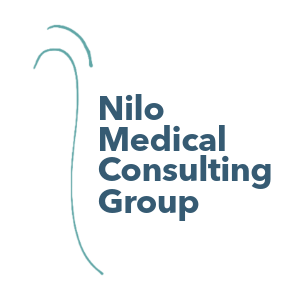CRO vs. Consulting Firm: What’s the Difference and Why It Matters
When navigating clinical and regulatory pathways, companies often ask: Do we need a CRO, a consulting firm, or both? While the two may sound similar, they serve different—but complementary—roles in bringing medical devices, pharmaceuticals, and combination products to market. Understanding the difference can save you time, resources, and costly missteps.
What is a CRO?
A Clinical Research Organization (CRO) is the operational engine behind your study. CROs are built to execute—ensuring your study runs efficiently, compliantly, and on schedule. Typical services include:
Protocol development and trial design
Site selection, contracting, and training
IRB submissions and oversight
Monitoring (onsite and remote)
Data management, EDC systems, and biostatistics
DSMB/CEC management and safety oversight
Clinical study reporting and close-out
In short, CROs do. They manage the logistics and day-to-day operations that keep trials moving forward.
What is a Consulting Firm?
A regulatory and clinical consulting firm provides high-level strategy and specialized expertise. Consultants don’t run your trial; instead, they help you make the right decisions before execution begins. Consulting firms typically:
Develop regulatory strategies tailored to your product and market goals
Advise on submissions such as 510(k), PMA, De Novo, IDE, IND, and global filings
Prepare for and facilitate FDA or Notified Body meetings
Build and optimize quality management systems (QMS) under 21 CFR 820 and ISO 13485
Provide guidance on risk management, verification & validation, and usability/human factors
Offer medical writing, training, and tailored support
In short: Consultants guide. They set the direction and help avoid costly errors downstream.
Why the Difference Matters
The distinction isn’t just academic—it’s practical.
Strategic Alignment: Consultants ensure your trial design or regulatory plan is feasible and aligned with agency expectations.
Execution Excellence: CROs carry out those plans with precision, ensuring compliance and data integrity.
Cost & Risk Management: Engaging a consultant early prevents overcomplicated protocols, unnecessary testing, and misaligned strategies. A strong CRO then ensures efficient execution.
Do You Need One, the Other, or Both?
Choosing the right partner depends on your program’s needs:
If you need trial execution: Choose a CRO for logistics, oversight, and operational delivery.
If you need strategy and navigation: Choose a consulting firm for regulatory, clinical, and quality alignment.
If you need both: Consider a boutique partner like NMCG, which integrates consulting expertise with CRO services for a flexible, right-sized approach.
The most successful programs often leverage both guidance and execution—either with one integrated partner or in collaboration.
Key Takeaway
CROs do, consultants guide. Together, they provide the alignment and execution needed to bring safe, effective products to market faster and more efficiently.
